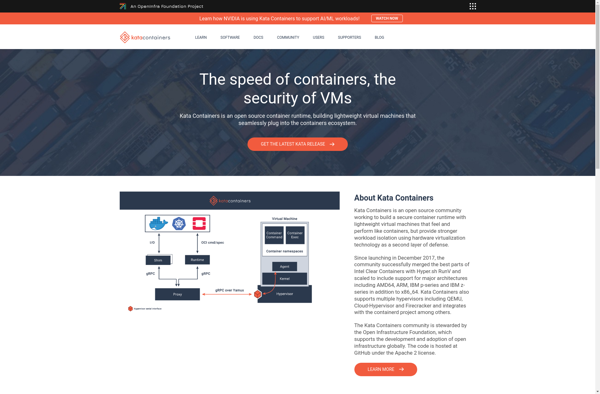LXC Linux Containers
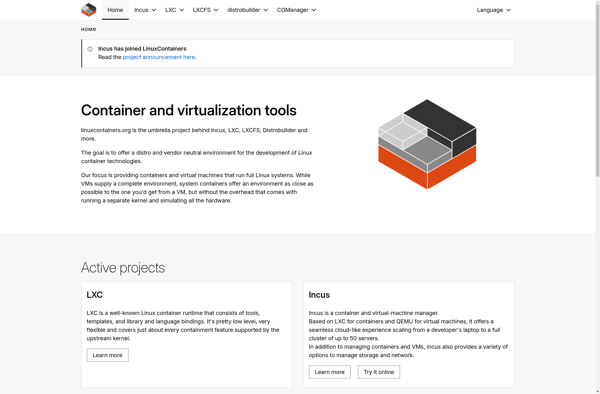
Linux Containers: Lightweight OS Virtualization
LXC Linux Containers (LXC) provides lightweight, operating system-level virtualization on Linux. It allows running multiple isolated Linux systems on a single host with minimal resource overhead.
What is LXC Linux Containers?
LXC (Linux Containers) is an operating-system-level virtualization technology that allows multiple isolated Linux systems to run on a single Linux host. LXC relies on cgroups and namespaces functionality in the Linux kernel to provide strong isolation of resources like CPU, memory, block I/O and network between containers.
Some key characteristics of LXC:
- Very low overhead - Containers share the same Linux kernel, requiring no hypervisor. This allows higher server efficiency and density.
- Application isolation - Each container runs as an isolated system and has its own software, libraries, file system structure etc.
- Resource control - CPU, memory, I/O and network resources can be restricted on a per-container basis.
- Security - Kernel namespaces provide strong isolation between containers and the host system.
- Portability - Images can be easily migrated between different Linux hosts.
With lightweight virtualization, high scalability and carrier-grade security, LXC offers an attractive approach for deploying scalable services on shared infrastructure.
LXC Linux Containers Features
Features
- OS-level virtualization for running multiple isolated Linux systems on a single host
- Resource isolation of CPU, memory, block I/O, network, etc
- Near-native performance with minimal overhead
- Live migration of containers between hosts
- Snapshots and cloning of containers
- Support for different Linux distributions
- Integration with common orchestration tools like Kubernetes
Pricing
- Open Source
Pros
Cons
Official Links
Reviews & Ratings
Login to ReviewThe Best LXC Linux Containers Alternatives
Top Os & Utilities and Virtualization and other similar apps like LXC Linux Containers
Here are some alternatives to LXC Linux Containers:
Suggest an alternative ❐Docker

KVM (Kernel-based Virtual Machine)
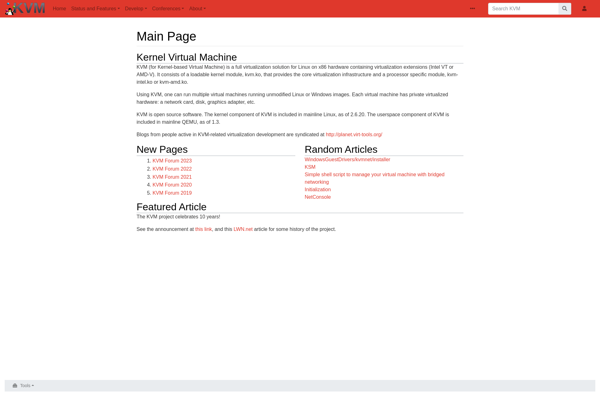
Distrobox
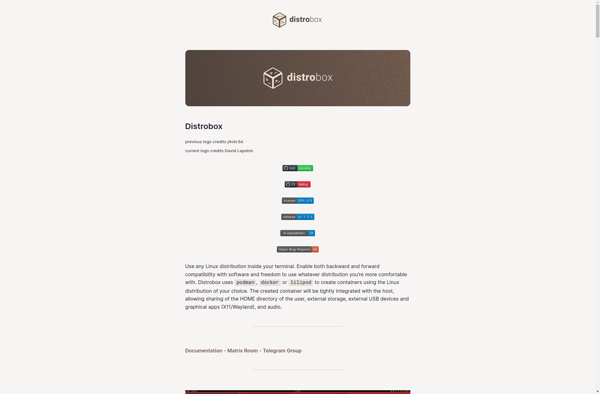
Containerd
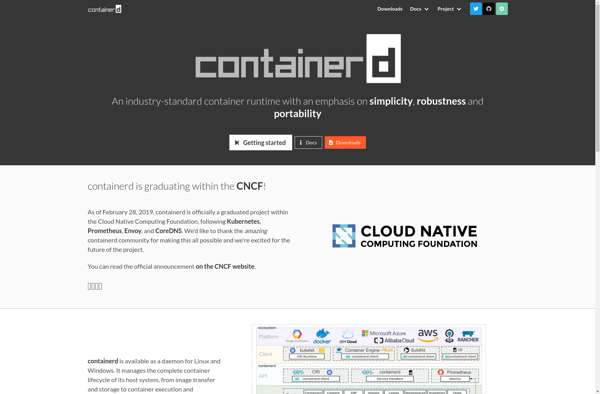
OpenVZ
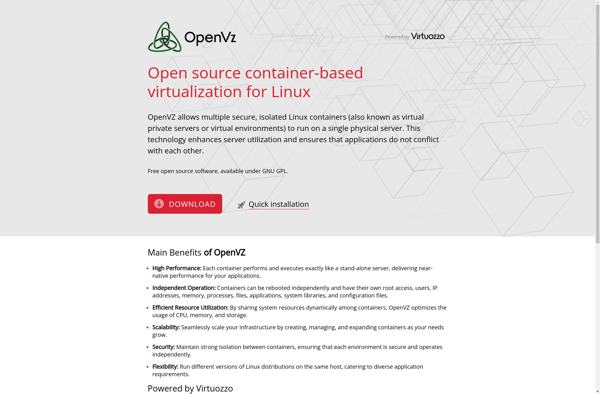
Kata Containers
